Good news for all of you obsessed with popping your joints: cracking your knuckles doesn’t cause arthritis and decrease in hand mobility. Bad news: it still may annoy the heck out of your loved ones.
Actual footage of your friends stopping you from cracking your knuckles:
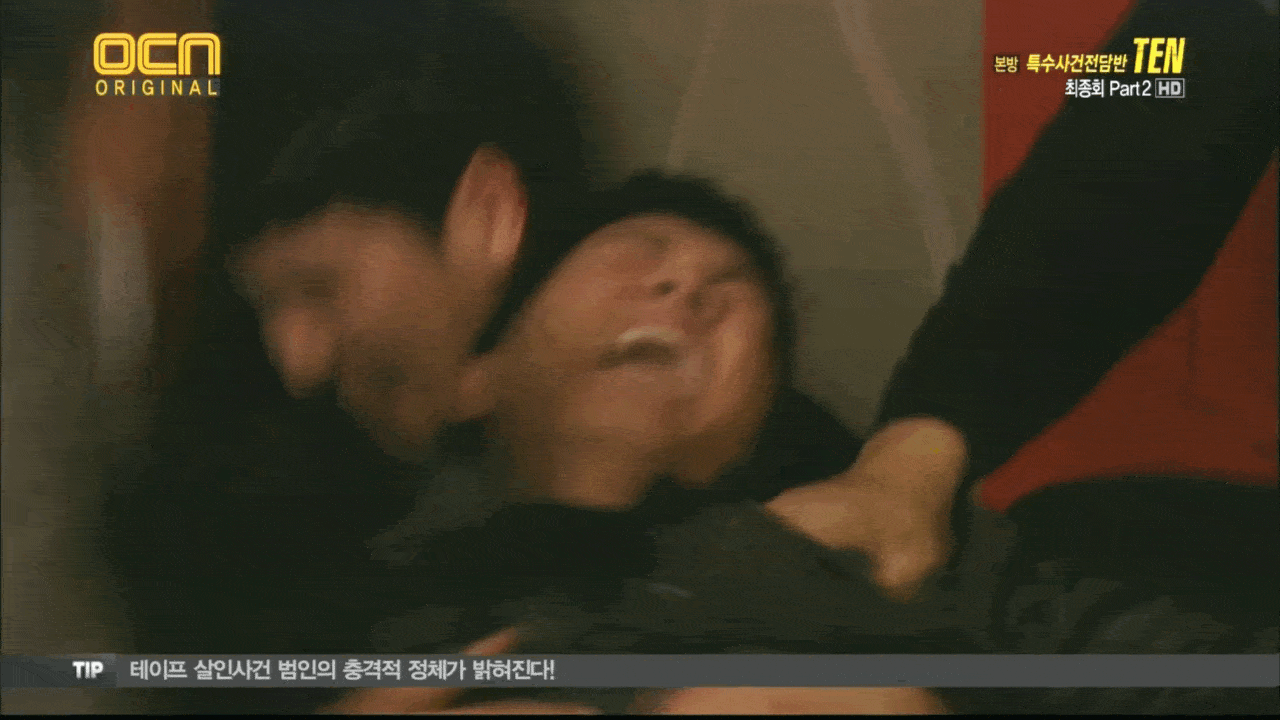
Researchers at UC Davis Medical Center decided to dive further into the habit that holds millions hostage, and determine once and for if it really is just a harmless addiction. The study was led by Dr. Robert Boutin, a radiologist at UC Davis, and Dr. Robert Szabo, a hand surgeon and former president of the American Society for Surgery of the Hand.
Their premise was simple—collect a motley crew of knuckle-crackers and have them pop away under an ultrasound to see what’s really going on inside the joint. They then medically examine their test subjects’ joints before and after the exercise, and compare their findings with those of a separate group of non-crackers. Their goal was to look for problems, including hand swelling and reduced grip strength.
What is knuckle cracking anyway?
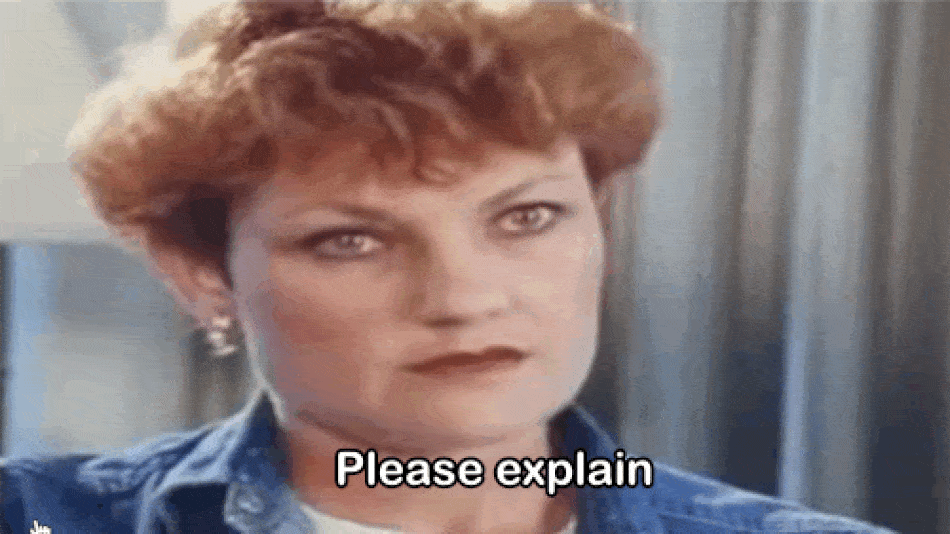
“Knuckling cracking is the audible sound that occurs when the joints of your fingers are stretched,” says San Diego–based chiropractor Ryan Curda. “These joints are called synovial joints and are surrounded by fluid-filled capsule.” Called synovial fluid, that fluid helps lubricate joints, and is made up of dissolved gases, mostly nitrogen.
The researchers from UC Davis believe that when you crack a knuckle, you’re pulling apart two surfaces of the joint, thereby decreasing the pressure within the joint. That negative pressure allows the gas that’s dissolved in the synovial fluid to be liberated. The “pop” you hear is the result of a gas bubble forming.
Looking at the ultrasounds of 400 knuckles, the researchers saw something striking in the ultrasound results: when a knuckle cracked, there was a distinctive and sudden flash in the joint.
You might also want to know why you can’t crack the same joint over and over again. “The gases take about 20 minutes to fully dissolve back into the fluid,” says Curda. Called the refractory period, it’s the amount of time you have to wait until you can get cracking again.
The Mythology of Knuckle-Cracking

Scientists have always been curious as to what really causes the incredibly loud sound in our joints when we crack them.
The studies go way back: in 1947, scientists published a paper claiming that the sound happens when a bubble first forms in the synovial fluid of the joint. 30 years later, another group of researchers refuted the previous finding, stating that it made more sense that the sound would occur from the bubble bursting.
Fast forward to April 2015, when University of Alberta decided to back up the bubble-collapsing theory with MRI recordings. Despite their efforts, however, they still couldn’t come up with conclusive evidence.
So which is it? Do bubbles pop, or form during cracking?
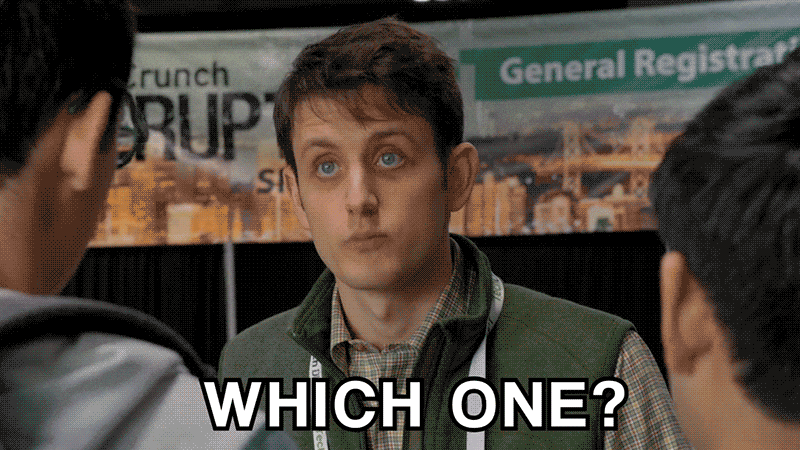
“That’s a surprisingly tough question to answer,” Boudin told The Washington Post. “I will tell you that we consistently saw the bright ‘flash’ in the joint only after we heard the audible crack. Never the other way around. Perhaps that supports the bubble formation theory, not the bubble popping theory.”
During the experiment, the researchers admitted to expecting to see something interesting. Boutin said that since ultrasound machines can capture events 10 times smaller than MRIs are capable of, their study (which was conducted at the end of 2015, after the University of Alberta team published their findings) would be much more conclusive than the previous ones before it.
But they weren’t prepared for the result to be so… explosive.
“What we saw was a bright flash on ultrasound, like a firework exploding in the joint,” Boutin said. “It was quite an unexpected finding.”
How about the health repercussions?
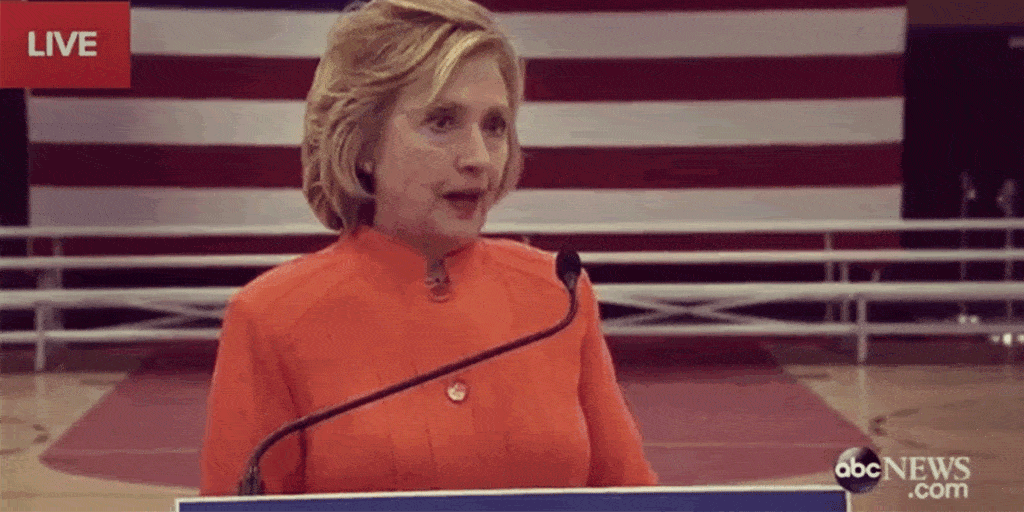
Although the research was limited to short-term results, what they can confirm is that no immediate pain, swelling, or damage was detected in the cracked knuckles, and they found no recognizable difference between the joints of the subjects who were addicted to the habit and those who never cracked a knuckle in their lives.
“After reviewing the science, I believe strongly that it’s not harmful,” Boutin said.

He’s even going so far as to say it’s actually good for us. “After a joint cracks, the range of motion for that joint increases significantly.”
This supports the results of an experiment by Donald L. Unger, a Californian medical doctor who spent 60 years cracking the knuckles of only one hand, keeping the other untouched. After 60 years of doing the experiment, he found no difference between the two hands.
So if you’re keen on breaking the habit (to appease your already-livid loved ones, perhaps?) you can instead adopt a stretching technique for your fingers that falls short of cracking your knuckles.
But if you don’t mind getting disapproving looks and comments once in a while…
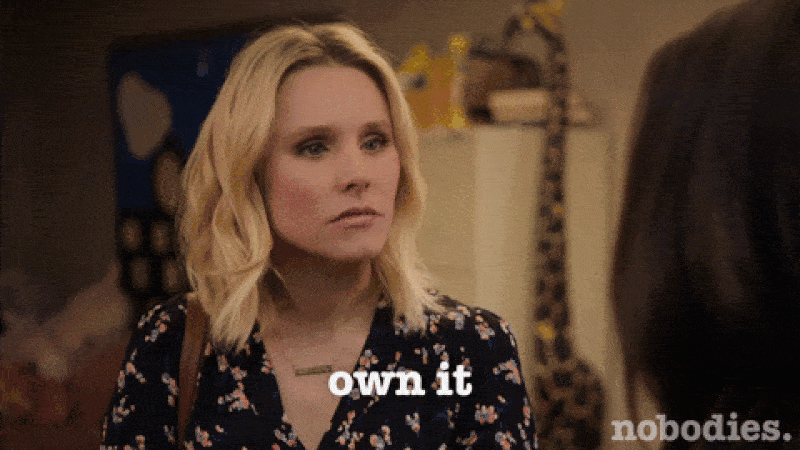
By all means, pop away!

